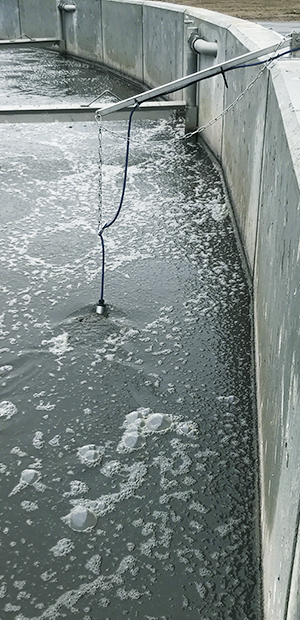
N2O Mitigation Strategies
How to Reduce N2O Emissions
Simple changes to the timing of sequential phases in an alternating activated sludge process can significantly reduce the N2O emission from the aerated phase and the accumulation in the non-aerated phase.
Other examples of N2O mitigation could be through controlled influent flow balancing, recycle rates, sludge age, ammonium turnover rates, and intrinsic COD balancing.
Adjustable Process Parameters that Can Minimize the Formation and Emission of N<sub>2</sub>O:
- Oxygen/aeration controls
- COD/N ratio for denitrification and COD addition control
- Turn-over rates of NH4+, NO2- and reduction of N2O accumulation
- Load balancing influent and NH4+ from reject water
- Phase control of nitrification and denitrification
- Sludge age and biomass concentration
- Recycle rates
- Hydrolysis processes and intrinsic COD harvesting
Measure to Manage
Many researchers have demonstrated the above strategies in laboratory and pilot scale - a few have been trailed in full scale. For example, ethanol addition to SBR reactors or efficient oxygen supply. As a result, we know that N2O mitigation strategies are possible, and many at low cost, as it only involves PLC program changes. Furthermore, a steady progress in understanding the mechanisms involved in N2O emission in wastewater treatment systems will enable the development of more holistic mitigation strategies, also including other process parameters, such as the energy balance and effluent criteria.
N2O emissions from wastewater treatment processes vary substantially between plants depending on the design, operation, characteristics of wastewater, etc. However, for most of the above mitigation strategies, reliable real-time N2O monitoring is a prerequisite.

Send a message to Lukas and Martin. They will answer within one workday.
If we are online and available to chat, you can also click the blue icon to the right.

